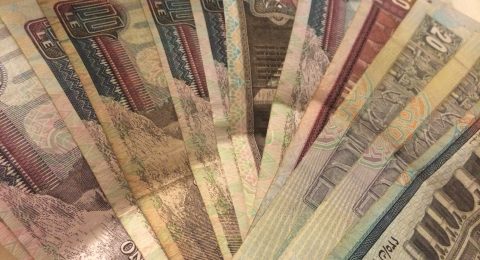A summary of last week’s major macroeconomic updates and indicators brought to you on one page for your convenience.
From October 12th to October 18th
Egypt achieved an overall surplus of $1.9 billion in transactions with the world countries during the fiscal year (FY) 2020/21 compared to a deficit of $8.6 billion in the preceding FY 2019/21 (taking into account pandemic’s effect around the world), the Central Bank of Egypt (CBE) announced.
The non-petroleum exports increased from $17.9 billion to $20.1 billion in FY 2020/21, according to the CBE report on the balance of payments performance.
The non-petroleum imports increased to $62.1 billion, in FY 2020/21, compared to $36 billion in FY 2019/20, according to the CBE.
Foreign investments inflows in the non-petroleum sectors increased to $6.4 billion in FY 2020/21, the CBE indicated.
Remittances from Egyptians working abroad have increased by 13.2% reaching $31.4 billion in FY 2020/21, compared to $27.8 billion in FY 2019/20, according to the CBE.
Mohamed Maait, the Minister of Finance announced that Egypt is set to join JP Morgan’s Government Bond Index-Emerging Markets from January 2022, by 14 bonds with a total value of $24 billion.
Nevine Gamea , the Minister of Trade mentioned that Egyptian exports to Spain increased by 69.1% to EUR 450.7 million during H1 2021, compared with EUR 266.4 million in the same period last year.
The labor force’s participation in Egypt’s economic activity recorded 41.5% in 2020, the Central Agency for Public Mobilization and Statistics (CAMPAS) estimated.
Maait noted that “digitization” projects have led to an increase in income tax revenue by 11% and value-added tax (VAT) proceeds by 47%.
Egypt’s current portfolio with the World Bank (WB) includes 18 projects in various sectors, with a value of $5.8 billion, Ministry of International Cooperation (MOIC) stated.












